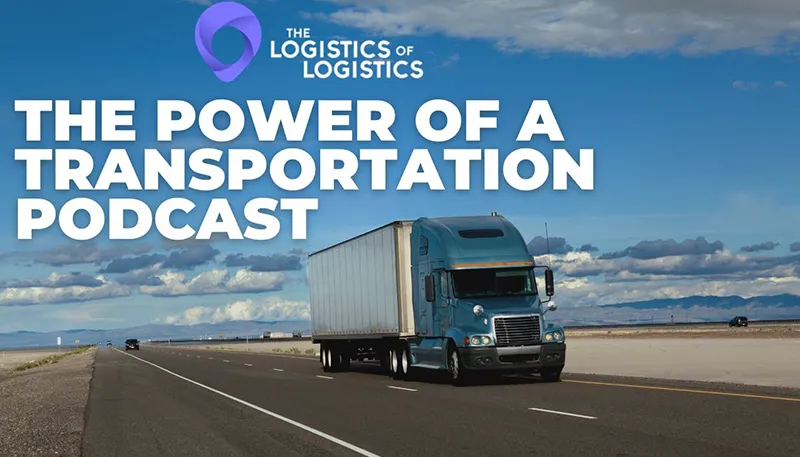As has been stated numerous times in Tenney Group articles, a sale of a business is often one of the largest financial decisions in an individual’s life. It could have a drastic impact on retirement, family well-being and even so-far as their health. Thus, when the time comes to sell their business, it helps when a seller knows what the first few questions a buyer is going to ask. In this article, I’ll outline the first five questions most buyers are going to ask.
Number one, what is the seller asking for in price? At the Tenney Group we often utilize the idiom, “in the same ballpark.” We’ve seen it before where there’s a vast disconnect in what the buyer is willing to pay versus what the seller wants. Now, that’s not to say one party is in the wrong, but before both parties go and expend hundreds of hours and thousands of dollars in due diligence and inquiries, it helps to be “in the same ballpark.” To know that there’s an agreed upon notion of the price (which doesn’t have to be an exact number), lets both parties move forward with the proper motivation to get the deal done.
Number two, how did he/she arrive at that value? This ties in very closely with question number one, and rightfully so. If both parties are going to agree upon a number, or range of numbers, the buyer certainly wants to know how the seller is valuing his business. While it would be convenient to say all businesses are valued the same way, that’s simply just not the truth. Sellers may value their business on a multiple of earnings, their fleet value plus some percent of their annual revenue, or even their drivers. The importance of this sale is not left upon arbitrary estimates or best guesses – it helps the buyer just as much as the seller to have proof or a clear explanation on how the value of their business is derived.
Number three, how is the company’s future performance trending? Buyers are going to want to know whether the company is trending upward, downward or if it’s in a period of stagnation. If the company is stagnant or in a period of decline, the seller needs to be able to explain why this is and share how the company can reverse its course and begin an upward climb once again. Although this seems like a simple question, it’s a vital one and one a seller should be ready for.
Number four, what is the age or value of the fleet and the annual capital expenditure requirements. A buyer is going to come in and analyze the fleet and equipment. Immediately, they’re going to have to know if the equipment will suffice or if they’re going to have to inject capital to update the fleet. To aid with this, a seller should keep their fleet schedule up to date and have an idea of the value of their fleet (trailers, tractors, etc.). Often, we see a buyer adjust his/her price in accordance to the capital injection they may/may not have to make to the fleet.
Number five, how many drivers does the seller have and what portion of them are employee versus independent contract drivers? The driver shortage in the country is widely known, and some buyers are buying companies just for their drivers. In terms of contracted drivers versus employee drivers, buyers are going to want to know what the makeup is like. Both have their pros and cons, but with a change of ownership, buyers are going to want to know that the drivers are going to stick around and why they’ve stuck with the company for the time that they have – benefits, culture, new equipment, etc.?
Ultimately, buyers are going to ask far more than five questions, but these five are going to be among the first questions asked. If a seller can accurately and confidently answer these questions, the buyer is going to be motivated to move along further in the process.



